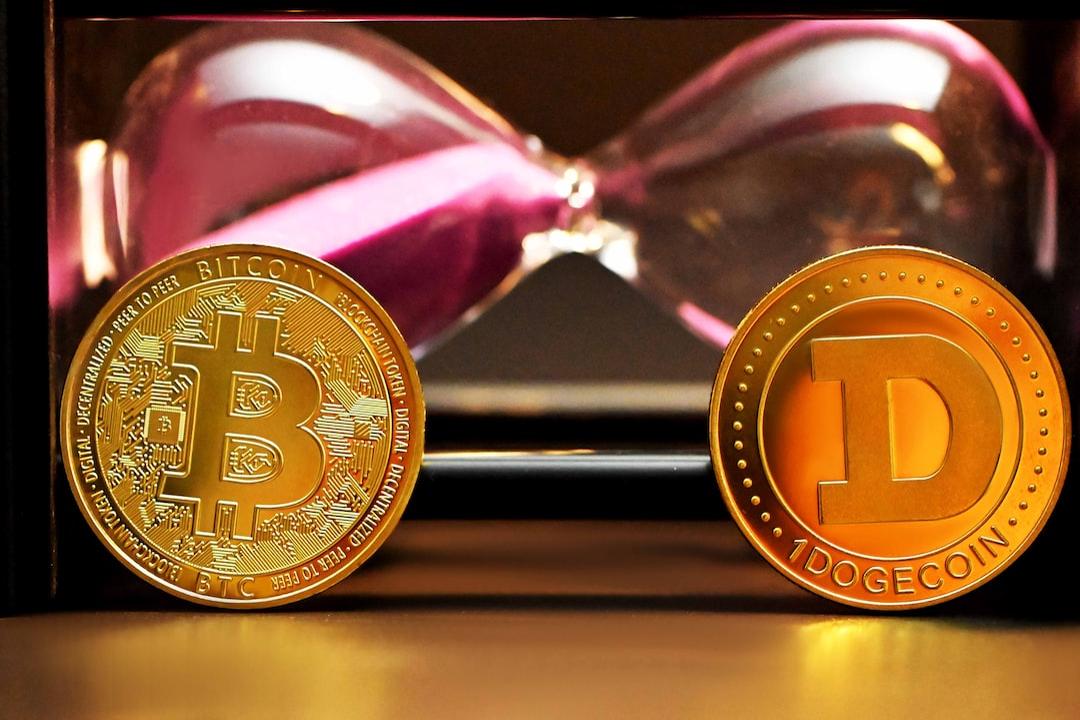The European Commission has chosen Iota’s Web3 Identification solution for the latest edition of the European Blockchain Sandbox initiative (EBSI).
In an announcement made on June 13th, the European Commission revealed the participants selected for the second cohort of the EBSI. Iota, an open-source distributed ledger and cryptocurrency ecosystem, was among those selected.
Iota’s Web3 ID solution, developed in partnership with Walt.id, IDnow, Bloom Wallet, and HAVN, was specifically highlighted in their selection. This milestone is significant for Iota’s identity solution.
The EBSI was established by the European Commission in 2023 as a platform for testing distributed ledger technology (DLT) solutions in various industries. Each cohort consists of up to 20 projects, providing a controlled environment for testing and validation, as well as direct engagement with regulators from the European Union.
Other projects selected for the Sandbox initiative include RealEstate.Exchange (REX) DigiShares, DoxyChain, Hacken, and Origintrail.
Iota’s Web3 ID solution focuses on revolutionizing the traditional Know Your Customer (KYC) processes, aiming to address inefficiencies, high costs, and privacy concerns. The solution involves implementing a reusable KYC system through DLT and tokenization to enhance security and user control over personal data.
The process begins with remote identification conducted by IDnow to ensure compliance with EU Anti-Money Laundering (AML) and KYC regulations. The verified identity is tokenized and stored in the user’s wallet as a soulbound token, which can be used across various Web3 applications for identity verification without revealing personal information.
As the EU moves towards implementing a digital ID scheme, the European Digital Identity (EUDI) regulation was updated on May 21st, with full implementation requirements by 2026. Member states are required to provide at least one EU digital identity wallet to all citizens and residents, designed for electronically signing and storing documents.
In the broader industry, The Open Network blockchain ecosystem has allocated $5 million in Toncoin (TON) tokens to incentivize users to verify their identity using palm scanning technology, reflecting a trend towards finding digital identity solutions in an increasingly digital world.
Trending
- KiloEx Exchange Exploiter Restores All Stolen Funds Following $7.5 Million Hack
- Hashkey Targets XRP ETF in Asia with New Fund Supported by Ripple
- Sygnum Predicts Potential Altcoin Rally in Q2 2025 Due to Enhanced Regulations
- Media Tycoon Files Counterclaim Against Justin Sun in $78 Million Sculpture Dispute
- Yemenis are embracing DeFi in response to US sanctions on the Houthi group
- Saylor and ETF Investors’ ‘Stronger Hands’ Contribute to Bitcoin Stabilization — Analyst
- Bitcoin Dip Buyers Show Interest at BTC Range Lows, Yet Remain Risk-Averse Until $90K Establishes Support
- Kyrgyzstan’s President Enacts CBDC Legislation Granting Legal Status to ‘Digital Som’

